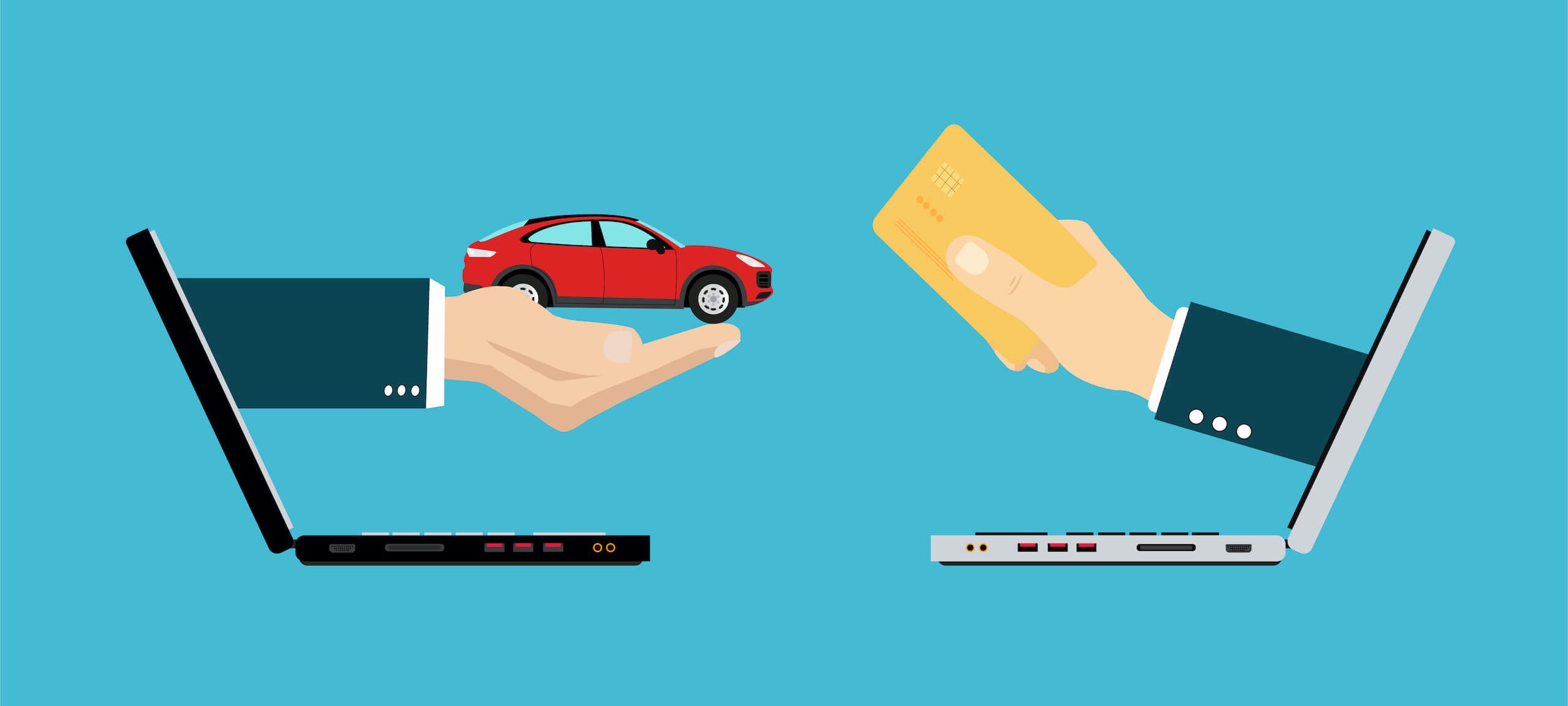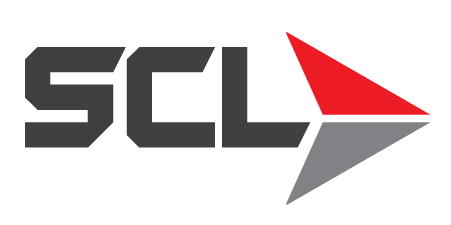Automotive Partners Re-Open with Challenge of Answering New Customer Demands

4 Areas of Focus That Can Make All the Difference in a Season of Rebound
More than just instituting social distancing practices and measures like solo test drives to abide by state coronavirus (COVID-19) guidelines, there’s still marked uncertainty for SCL partners in the automotive industry.
Auto sales of all kinds – from new cars to private sales of used and junk cars – are now expected to decline at least 15.3% in the United States and more than 12% globally this year, according to recent research by IHS Markit.
“Cars gathering dust on dealer lots, dealerships shuttered, auction prices slipping and tens of thousands of workers laid off or furloughed,” are just a few of the stressors over the past few months alone, states Time Magazine.
“There are a lot of stressors on automotive businesses, and that was true even before coronavirus,” said SCL Customer Solutions Specialist Don Parker, who holds over 40 years of automotive experience. “Everyone is looking for new ways to do business. They’re trying to think outside of the box.”
Despite the challenges that have come with doing business in a new normal, there is still opportunity for growth. Here are a few key areas of focus that automotive partners – from dealerships to service shops – should keep top of mind as they move forward:
-
There May Be A Bump in Used Car Interest
According to a new Edmunds study, “used vehicles are often sought after as a place for consumers to save money when the nation is coming out of a recession. As a result, used values are expected to stabilize, but not necessarily rebound significantly.”
Although that presents some opportunity for automotive dealerships, sourcing used cars could be an issue, especially with auctions across the state remaining closed.
In addition to ramping up efforts that drive consumers to trade their vehicles in on-site, sourcing rental cars could be another option to boost inventory. With travel to and from airports drastically decreased, rental car giants like Hertz and Enterprise are slashing inventory and, in some cases, filing for bankruptcy. That presents opportunity for buying cars, but take heed: it also means a flood of used cars are entering the market with low prices. That’s where knowing and reaching out to your customer base can help determine how and what inventory you keep on site.
-
There’s a Greater Desire for Texting
According to Fixed Ops Magazine, more than 89% of customers, including those seeking dealerships and auto service stations, would like the option to message with a business via their preferred method: texting.
Even though some of that can be attributed to COVID-19, it’s also a sign of the times. Apps like Podium’s Webchat, Inbox, and Payments offer solutions that have long been a hurdle for automotive businesses like transforming landlines into textable phone numbers.
“If dealerships or auto repair shops aren’t doing things like texting with their customers, allowing them to pay their bills online before they come in the shop, then that’s something they should definitely look into,” Parker said. “We have a real mixed bag of partners – from independent construction companies to small oil change facilities to large dealerships. Their capabilities are all different, but if these are options customers want, they’re worth exploring.”
-
You May See More Customers in Service Lanes
With low consumer confidence and employment uncertainty comes a more practical buyer. Customers are expected to focus on servicing their existing vehicles, which may lead to a spike in cars coming through service lanes.
For nearly all businesses that offer service, that means things like menu offerings, specials, and packages tailored to cars and trucks that have been largely sitting in driveways for the past three months will now be more attractive, Parker said.
In addition to existing customers in your database, there could also be new opportunity among first-time car buyers entering the market. According to the Detroit Free-Press, one global study found that more people than before are interested in owning their own vehicles.
“We’re going to see individual vehicle usage rise as people more concerned with hygiene choose personal transportation,” Daniel Davenport of research firm Capgemini’s North America auto sector told the Detroit Free-Press. “There’s also more interest in car ownership from customers under 35 years old,” a sentiment contrary to recent indications younger consumers put a low value on owning a vehicle.
-
Prepare for An Uptick in Virtual Shopping
If automotive businesses aren’t already online due to the steady increase of consumer demand for more virtual shopping tools, they should be now. Especially with the possibility of more buyers under 35 looking for used cars, keeping websites up to date should be a priority.
According to Thomas Clawson of Podium, a provider of messaging tools for auto dealers, right now websites should be doing everything from letting customers know what parts of your business are open to communicating sanitation procedures.
They will also do the heavy lifting when it comes to online inventory updates – which could be anything from used cars to tires or service specials. Then when customers visit your website to see that information, Parker said, businesses have to do more to bridge the gap and get them to the store.
“Most people will do a certain amount of research online ahead of time,” Parker said. “When they do that, they will leave a footprint online for that dealership. When people submit inquiries or enter their email addresses, those customers need to be contacted promptly. They can be offered appointment times, more information about what they need, financing options, whatever those businesses feel comfortable doing – but they should be doing something.”
If that means pulling more people into a business development role, calling customers and sending out emails, then that’s what needs to happen to develop those relationships made on the Web.
There’s a lot of uncertainty in the automotive industry right now, but doors are open. And although that means business can resume, operations are certainly not normal. Now, more than ever, it’s essential that everyone in the automotive industry adapt, explore new ways they can reach their customers, and start rebounding for the rest of the year.
Contact an SCL Consultant today
In a wide range of automotive, industrial and commercial sectors, SCL remains steadfast on its commitment to product and industry knowledge, performance satisfaction and superior logistics. We protect and optimize the machines that keep our country moving. For more information on how we help can help with services including bulk purchasing or managing inventory, contact an SCL expert today.
